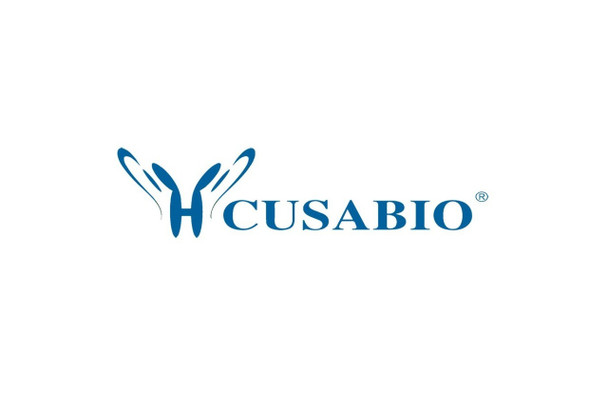Cusabio Polyclonal Antibodies
SQSTM1 Antibody, HRP conjugated | CSB-PA615696LB01HU
- SKU:
- CSB-PA615696LB01HU
- Availability:
- 3 to 7 Working Days
Description
SQSTM1 Antibody, HRP conjugated | CSB-PA615696LB01HU | Cusabio
SQSTM1 Antibody, HRP conjugated is Available at Gentaur Genprice with the fastest delivery.
Online Order Payment is possible or send quotation to info@gentaur.com.
Product Type: Polyclonal Antibody
Target Names: SQSTM1
Aliases: Sequestosome-1 (EBI3-associated protein of 60 kDa) (EBIAP) (p60) (Phosphotyrosine-independent ligand for the Lck SH2 domain of 62 kDa) (Ubiquitin-binding protein p62), SQSTM1, ORCA OSIL
Background: Autophagy receptor that interacts directly with both the cargo to become degraded and an autophagy modifier of the MAP1 LC3 family. Required both for the formation and autophagic degradation of polyubiquitin-containing bodies, called ALIS (aggresome-like induced structures) and links ALIS to the autophagic machinery. Involved in midbody ring degradation. May regulate the activation of NFKB1 by TNF-alpha, nerve growth factor (NGF) and interleukin-1. May play a role in titin/TTN downstream signaling in muscle cells. May regulate signaling cascades through ubiquitination. Adapter that mediates the interaction between TRAF6 and CYLD (By similarity) . May be involved in cell differentiation, apoptosis, immune response and regulation of K (+) channels.
Isotype: IgG
Conjugate: HRP
Clonality: Polyclonal
Uniport ID: Q13501
Host Species: Rabbit
Species Reactivity: Human
Immunogen: Recombinant Human Sequestosome-1 protein (16-310AA)
Immunogen Species: Human
Applications: ELISA
Tested Applications: ELISA
Purification Method: >95%, Protein G purified
Dilution Ratio1:
Dilution Ratio2:
Dilution Ratio3:
Dilution Ratio4:
Dilution Ratio5:
Dilution Ratio6:
Buffer: Preservative: 0.03% Proclin 300
Constituents: 50% Glycerol, 0.01M PBS, PH 7.4
Form: Liquid
Storage: Upon receipt, store at -20°C or -80°C. Avoid repeated freeze.
Initial Research Areas: Signal Transduction
Research Areas: Epigenetics & Nuclear Signaling;Cancer;Cardiovascular;Metabolism;Signal transduction






